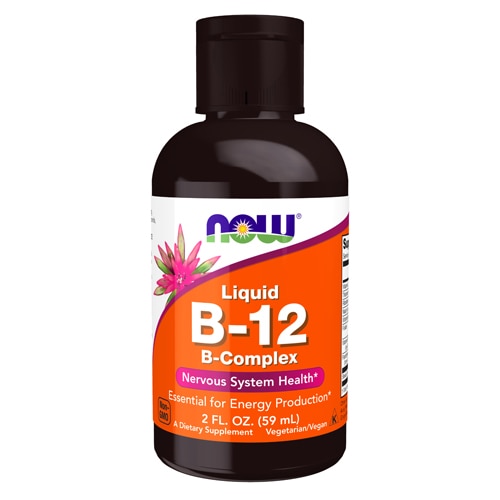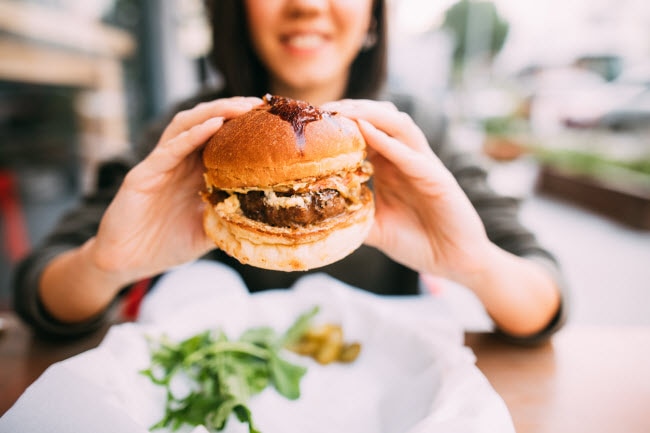If you love a good hamburger – but hate the health risks that come with eating beef – plant-based meats can sound like a dream come true.
Lately, these meat substitutes – including such brand names as Impossible Foods’ Impossible Burger and Beyond Meat’s Beyond Burger – are all the rage.
But are these foods really the answer for burger-lovers looking for more healthful fare?
Both the Impossible Burger and the Beyond Burger are similar in nutritional value to a standard beef burger in terms of calories, protein and saturated fat, says Sharon Palmer, a registered dietitian nutritionist known as the “Plant-Powered Dietitian.”
However, plant-based meats can offer some nutritional advantages over their traditional animal-based counterparts.
Palmer notes that both the Impossible Burger and the Beyond Burger are good sources of fiber, while beef burgers have no fiber. The plant-based burgers also have no cholesterol.
In fact, Palmer calls these two brands of burgers “a great gateway choice into a more plant-based lifestyle.”
The downsides of plant-based packaged meats
However, Palmer also notes that the Impossible Burger and the Beyond Burger have downsides.
In addition to having saturated fat levels similar to those of beef burgers, these plant-based substitutes contain coconut fat, which raises saturated fat levels. “This is linked with higher blood cholesterol levels,” Palmer says.
Palmer also notes that the Impossible Burger is “quite high” in saturated fat. The Beyond Burger is a bit lower in saturated fat, she says.
“If this is your only main saturated fat intake in the whole day, it shouldn’t be an issue,” she says. “If you’re eating sources of sat fat all day long, that can put you over.”
Both burgers are seasoned, meaning their sodium content is higher than what you would find in an unseasoned beef burger.
A better alternative
Palmer believes either the Impossible Burger or the Beyond Burger can have a place in your diet.
“There is nothing wrong with enjoying an Impossible Burger or Beyond Meat Burger every once in a while,” she says.
However, she adds that creating your own homemade vegetarian burger is typically a better and more healthful choice. Such burgers tend to be lower in saturated fat and have more fiber than many store-bought plant-based burgers.
She suggests making such burgers out of beans, whole grains, herbs, seeds and nuts.
“These are so easy to make,” she says. “Shape them into burgers, bake them and enjoy them all week long.” Palmer says recipes for these burgers are available at her blog.
You can also find brands of veggie burgers with whole ingredients -- such as beans, grains and vegetables – in stores, Palmer says.
Once you get comfortable eating plant-based burgers, Palmer suggests using the shift as a springboard to a better diet.
“Move beyond this to include more healthful meals, such as simmered lentils, curried chickpeas, whole grains pilaf and roasted veggies,” she says. “This is the true picture of a healthy plant-based diet.”
Eating more plant-based foods
Other tips she offers for incorporating more plant-based food into your diet include:
Designate one day each week as meat-free. For example, plan a “Meatless Monday.”
Keep easy plant-based options at your fingertips. These might include canned beans, whole grains (quinoa, brown rice, oats), lentils, nuts, seeds and “lots of fruits and veggies,” Palmer says.
Try new recipes. For example, create one new plant-based recipe a week for dinner.
Make favorite foods plant-based. “So if you love tacos, try black bean tacos with no meat,” she says. “Try a veggie lasagna instead of a meat lasagna.
Order plant-based dishes in restaurants. If you enjoy them, try them at home.




